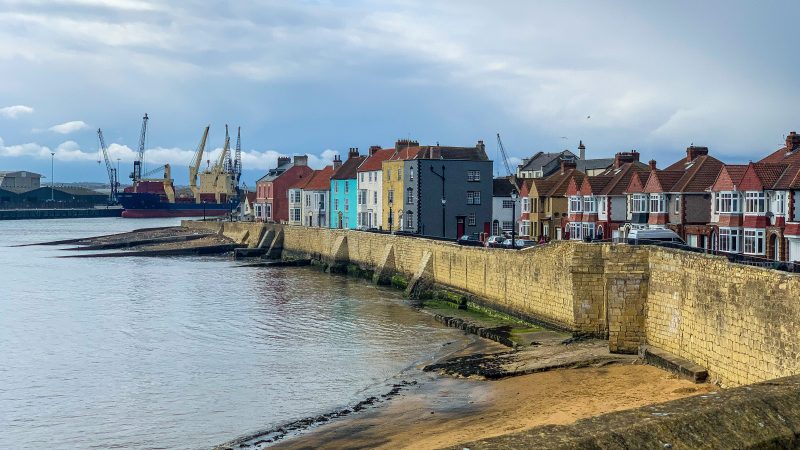
Labour has replaced the Conservatives as the largest party in Hartlepool, failing to take overall control but making notable gains in an area where they suffered a difficult by-election defeat in 2021 .
The result is a significant symbolic breakthrough for Labour in what was once a heartland seat at Westminster, and will be seen as a marker for leader Keir Starmer’s success in winning back votes in the ‘red wall’.
But the party will be disappointed the council remains in no overall control, as it is reported to have fallen only one seat short of taking full control. One ward saw the Conservatives win by just two votes more than the Labour candidate, and with an independent candidate just 14 votes behind Labour.
Hartlepool had been a Labour seat at Westminster since 1964, but in 2021 a Conservative candidate landed a 23 per cent swing in a major blow for Starmer.
Shadow Education Secretary Bridget Phillipson was asked why Labour had not taken control in a BBC interview, but noted only a third of seats were up for election and it had made “big progress tonight”.
A Labour source claimed the party would have won the constituency based on its percentage of the vote, and said Tory MPs will be “very worried” by results so far.
Historic gains in Tamworth
Meanwhile Labour gained seven seats in Tamworth in Staffordshire, knocking it out of Conservative hands after almost two decades and leaving it in no overall control. The local MP is former Conservative Chris Pincher, who lost the whip after a scandal.
Ben Walker, co-founder of Britain Elects, said Labour was winning seats they “hadn’t won since the 1990s”.
The Conservatives also lost control of Brentwood in Essex after the Lib Dems made gains of three seats, with no party in overall control.
Success in North West Leicestershire
Meanwhile the Conservatives have also seen North West Leicestershire fall to no overall control.
Labour gained eight seats to become the largest party, while the Tories lost eight.
Political scientist Jonathan Curtice told the BBC that Labour had made “considerable progress” in key wards declared so far nationally, but there had not been a “dramatic swing”. He also said the Greens had not done as well as in 2019 so far.
He said the Conservatives “cannot be sure that they won’t end up losing 1000 seats”, suggesting their expectation management may not have worked as planned. Party figures have repeatedly highlighted one forecast of such losses in the run-up to polling day, which was widely seen to suggest they expected actual losses to be notably less.
Some councils in England have elections this year, alongside four mayors in Bedford, Leicester, Mansfield and Middlesbrough. Elections are taking place in every region of England apart from London.
Read more on the local elections:
- Latest updates: Labour councils won, held and lost
- Labour win overall control in key target council Stoke
- Labour wins majority control of Medway for first time
- Local elections: ‘Seismic’ Labour win in bellwether Plymouth council
- Labour becomes largest party in Bolton but not in overall control
- Labour’s Chris Cooke takes Middlesbrough mayor post from independent
- What would good local election results look like for Labour?




More from LabourList
‘Energy efficiency changes must work for older private renters’
‘Labour’s creative destruction dilemma’
Economic stability for an uncertain world: Spring Statement 2026